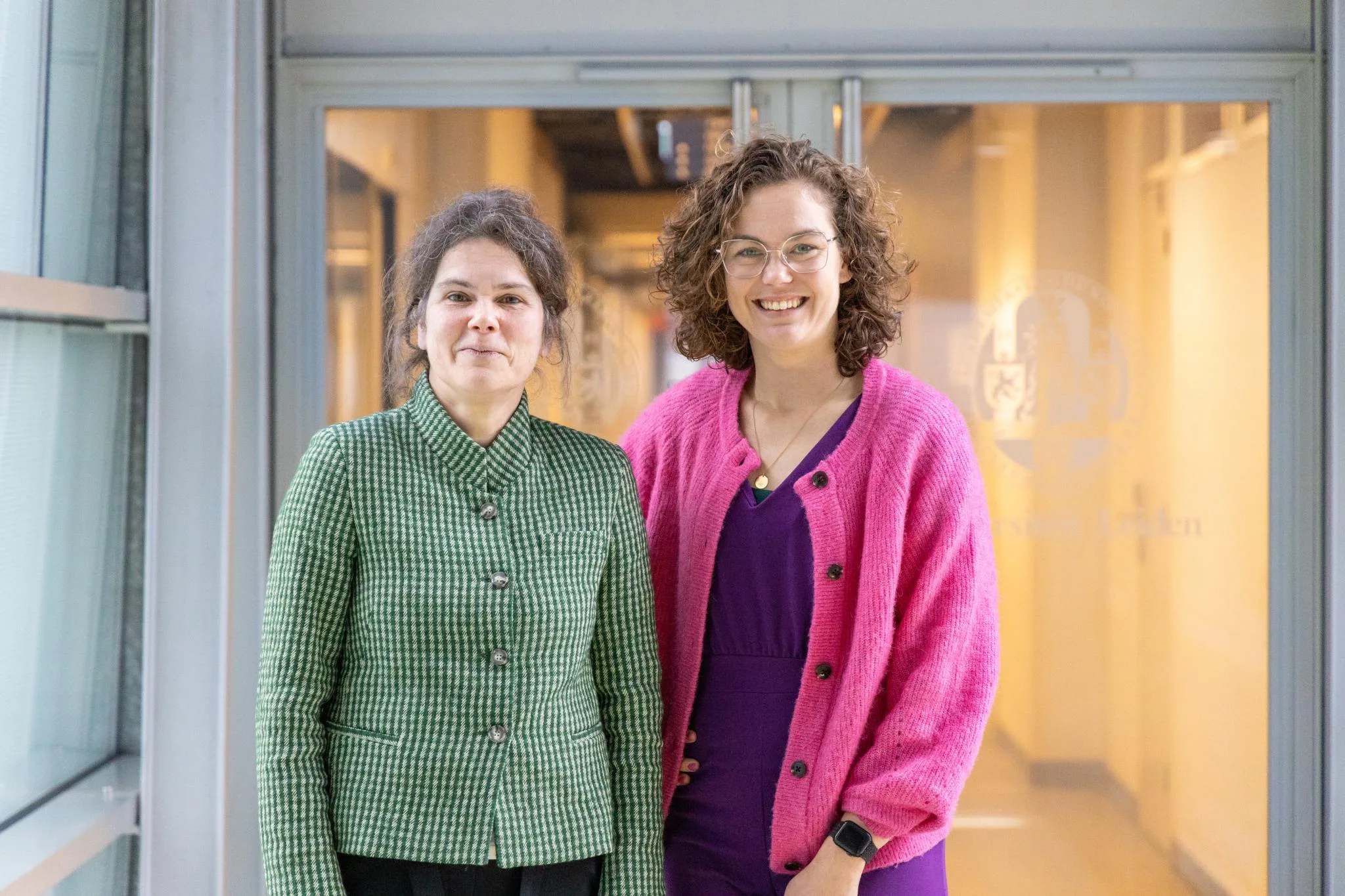The second quantum revolution is underway, with researchers Miriam Blaauboer and Julia Cramer leading the charge in education and science communication. Blaauboer, an associate professor at TU Delft, is spearheading a new master’s program on quantum in collaboration with Leiden University.
Cramer, a quantum physicist at Leiden University, focuses on the societal aspects of quantum technology. Both emphasize the importance of understanding new quantum technologies’ societal, legal, and ethical implications. They also highlight the need for interconnection across the knowledge chain, from vocational education to universities, to meet the staffing needs of emerging quantum-focused companies.
The Quantum Revolution: A Collaborative Approach
The second quantum revolution is underway, promising many new technologies and opportunities while presenting significant challenges. Leiden and Delft have combined their research, education, and societal engagement efforts to navigate this complex landscape. Researchers Miriam Blaauboer and Julia Cramer, who have strong ties to the two cities, discuss the importance of this collaborative approach.
Quantum Education and Research: Beyond Quantum Computing
While quantum computing often dominates discussions about quantum technology, Blaauboer and Cramer’s contributions extend beyond this area. Blaauboer, a researcher and educator, was asked to lead a new master’s program on quantum technology, a joint initiative between Delft and Leiden. The program, which has since launched with a team of enthusiastic lecturers and educational specialists, is multidisciplinary, requiring close collaboration among experts in various fields.
Cramer, on the other hand, has focused her efforts on science communication research into quantum technology. Despite initial concerns that her research topic was too niche, the Quantum Delta NL growth fund’s emphasis on the importance of quantum technology enabled her to pursue her interests. She credits the support of individuals like Blaauboer for helping her realize her “somewhat wild ideas.”
The Societal Impact of Quantum Technology
Cramer notes that the societal aspects of quantum technology have become an increasingly important field of study. Her research, which once resembled a hobby, has now become an established discipline with the potential for significant impact. Blaauboer echoes this sentiment, expressing gratitude for the opportunity to pioneer education in quantum technology. She notes that interest in the field is growing, making it an exciting time to contribute to and learn from the field.
The Future of Quantum Technology: Interconnectedness and Societal Engagement
Looking to the future, Blaauboer hopes to see greater interconnectedness across the entire knowledge chain, from vocational education to academic universities. She notes the rise of new quantum-focused companies and the need for qualified staff, which the growth fund can help meet.
Meanwhile, Cramer aims to strengthen the connection between quantum technology and society. She argues that it’s essential to understand people’s expectations of this technology from a democratic and commercial perspective. She also emphasizes the importance of considering new technologies’ legal, societal, and ethical implications.
Blaauboer agrees, noting that ethics was intentionally integrated into the new master’s program. Students in the program are encouraged to reflect on the impact of new quantum technologies on society and their roles. With the rapid pace of developments in the field, Blaauboer and Cramer agree that education and communication are crucial.
Miriam Blaauboer is an associate professor in the Department of Quantum Nanoscience at TU Delft and the Director of Studies of the Quantum Information Science & Technology master’s program, a collaboration between TU Delft and Leiden University. Julia Cramer is a quantum physicist, researcher in science communication, and leader of the Quantum & Society research group at Leiden University.

